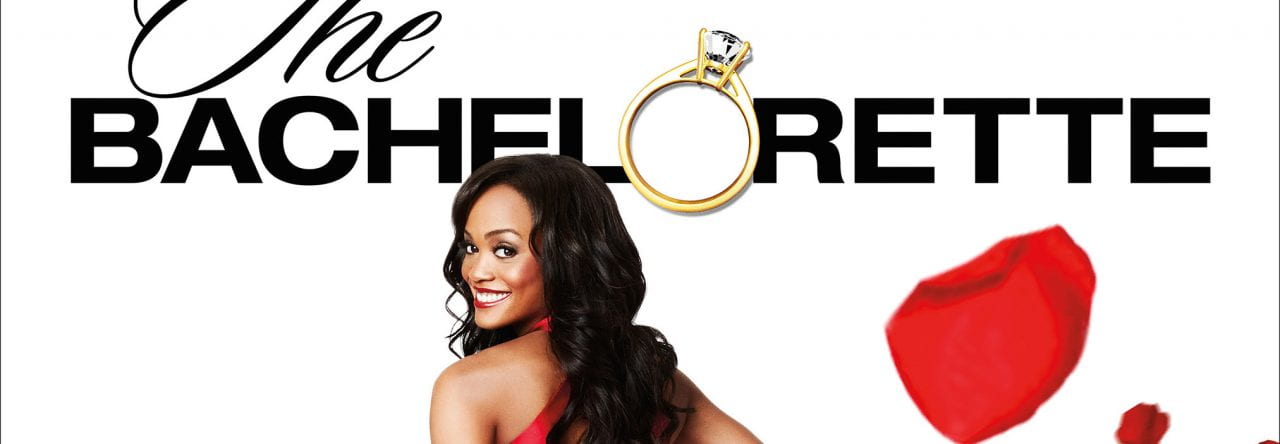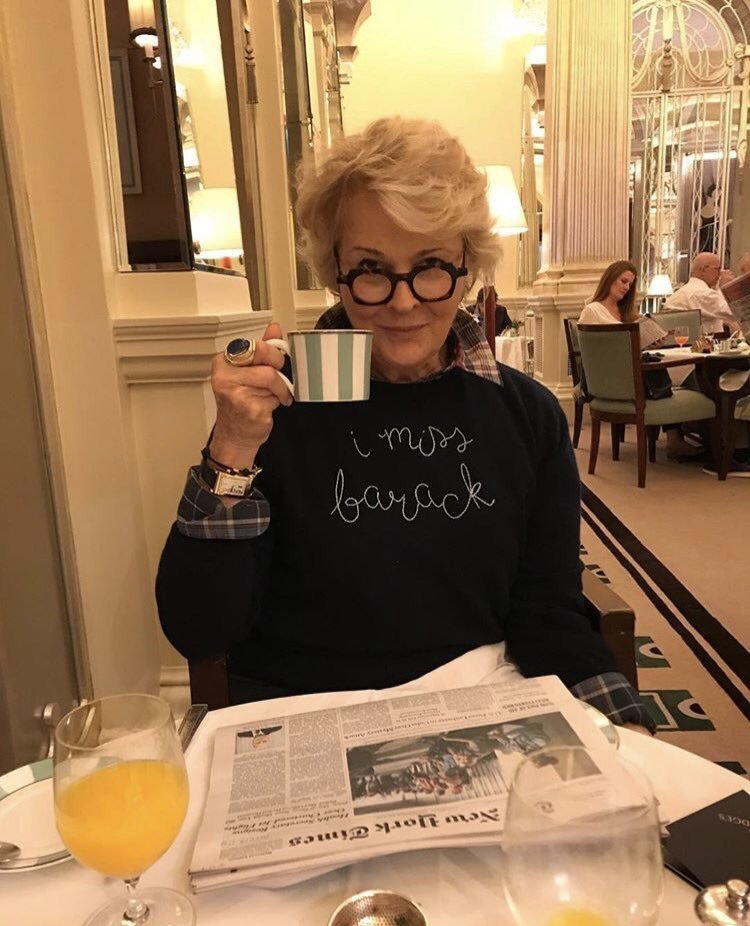Truthfully, The Bold Type is exactly what its title pokes at… B-O-L-D. Throughout the show, characters’ comments and voiced opinions are not necessarily what you would expect to hear while casually watching Hulu. Today we take a look at the show’s second episode; one that, to be frank, is chock-full of insight and social awareness.
Going into “O Hell No”, the viewer can automatically catch the episode’s subject before it even begins. Look out preconceived notions about women and intimacy, you’re in for a rude awakening.
The episode takes a general focus on the struggles of Jane, one of the show’s three main female leads. She has recently been promoted as a writer for Scarlet, a magazine whose nature can be inferred from its name. Jane has been assigned to write a sex column; however, she is not experienced with the subject matter and feels discomfort with the editor’s choice of topic.¹ This sets the basis of the show’s argument for social awareness of women’s sexual and emotional wellbeing. Several instances in the plot push the show’s message: everything and nothing should be accepted when it comes to conversations about intimacy.
As the storyline progresses, Jane receives some minor backlash from her friends and colleagues as she asks for advice on how to personalize her article when she is in actuality not connected to it at all. She even ventures out to see a sex therapist, and she attempts to become comfortable with the idea of intimate experiences. Eventually, she decides that the pressure of whatever “idea” that women should experience during their youth is too much to handle. She hesitantly writes her article — under anonymity, mind you — and she is visibly ashamed to have not been able to relate to the topic of the article.
Later, after some dramatic background music and heavy contemplation on Jane’s part, she confidently adds her name to the article before turning it in to her editor. This moment, arguably the most important five seconds of the entire episode, is a slap in the face to sexualized stereotypes in society. Jane is no longer ashamed to admit that she hasn’t had certain experiences, and in fact, she admits it to the magazine’s millions of readers. Bold move, yes? (I couldn’t help it.)

Jane from ‘The Bold Type’
This instance more or less establishes the backbone of The Bold Type. Small actions like putting one’s name on an article that deals with a lack of sexual experience form the argument of the show in general. The audience is taught that awareness and acceptance of all people are absolutely crucial. Through empowering its female characters, it demonstrates the acceptance of life’s circumstances, twists, and turns. Life is life is life is life. Why try to hide or be ashamed of one’s truth? The show’s push towards awareness for women’s health is most definitely a conversation starter on- and off-screen.²
Someone try ‘n stop it from changing viewers’ mentalities for the better. Good luck if you do.
Works Cited
¹Framke, Caroline. “The Bold Type, A Smart New Show About the Makings of a Women’s Magazine, Is a Total Delight.” Vox, 16 July 2017, https://www.vox.com/culture/2017/7/16/15973678/the-bold-type-freeform-review. Accessed 9 September 2018.
²Kaplan, Ilana. “How The Bold Type Is Changing the Conversation Around Sex and Sexuality on TV.” The Hollywood Reporter, 24 July 2018, https://www.hollywoodreporter.com/live-feed/how-bold-type-is-changing-conversation-around-sex-sexuality-tv-1129016. Accessed 9 September 2018.

